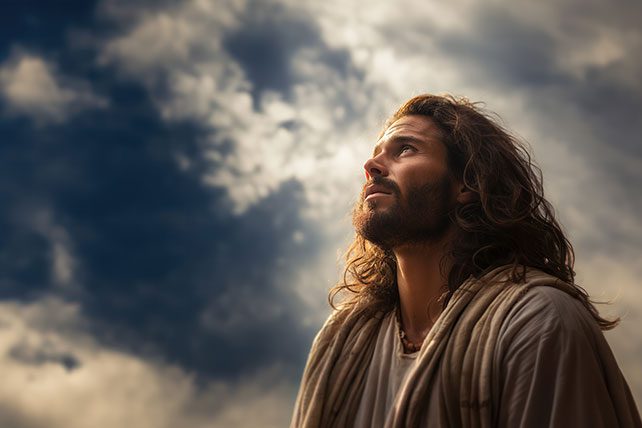7. Opposition and Persecution: Finally, consider the opposition and persecution that Jesus faced as a result of His claim to unity with the Father. Just as Jesus’ assertion of deity provoked hostility and rejection from religious leaders, believers may encounter opposition and persecution for their faith.
However, like Jesus, believers can find strength and courage in their identity as children of God and their unity with Christ. By standing firm in their faith and trusting in the power of God’s truth, believers can overcome adversity and bear witness to the transformative power of the gospel.
The declaration “I and the Father are one” encapsulates the profound unity and divine relationship between Jesus Christ and God the Father. Through our exploration of its significance, life examples, and implications, we have gained a deeper understanding of the theological richness and practical relevance of this statement.
As believers, we are called to embrace the truth of Jesus’ deity and unity with the Father, affirming our faith in the Triune God—Father, Son, and Holy Spirit. This declaration not only underscores Jesus’ divine nature and authority but also reveals the intricate unity of purpose and essence within the Trinity.
Furthermore, Jesus’ statement challenges us to reflect on our own unity with fellow believers and participation in God’s redemptive mission. Just as Jesus and the Father are one, we are called to pursue unity with one another and actively engage in God’s work of reconciliation and restoration in the world.
Despite the opposition and persecution that may arise as a result of our faith, we can take comfort and courage in our identity as children of God and our union with Christ. Through the power of God’s truth and the indwelling presence of the Holy Spirit, we are empowered to stand firm in our faith and bear witness to the transformative power of the gospel.
As we continue to meditate on the profound truth expressed in Jesus’ declaration, “I and the Father are one,” may it inspire us to deepen our relationship with God, cultivate unity with fellow believers, and boldly proclaim the message of salvation to a world in need of redemption. In doing so, may we reflect the unity and love of the Triune God and advance His kingdom purposes on earth.
Life Examples:
- Marriage Unity: Consider the analogy of marriage, where a husband and wife are described as “one flesh” (Genesis 2:24). While distinct individuals, they are united in purpose, values, and mutual love. Similarly, Jesus and the Father are distinct persons yet share a profound unity of purpose and essence.
- Team Unity: Another example is a sports team where individual players work together toward a common goal. While each player has unique skills and abilities, they function as one cohesive unit, striving for victory together. Similarly, Jesus and the Father work in perfect harmony toward the salvation and redemption of humanity.
Frequently Asked Questions:
- Does “I and the Father are one” mean Jesus and God are the same person?
- No, the statement emphasizes unity of purpose and essence rather than identity. Jesus and God the Father are distinct persons within the Trinity but share the same divine nature.
- How does this statement demonstrate Jesus’ deity?
- By affirming unity with God the Father and claiming divine attributes, Jesus asserts His divine nature and equality with God, establishing His authority as the Son of God.
- Why did Jesus’ statement provoke opposition?
- Jesus’ claim to deity challenged the religious authorities’ understanding of God and provoked opposition due to its perceived blasphemy. They accused Him of making Himself equal with God, leading to attempts to stone Him.

